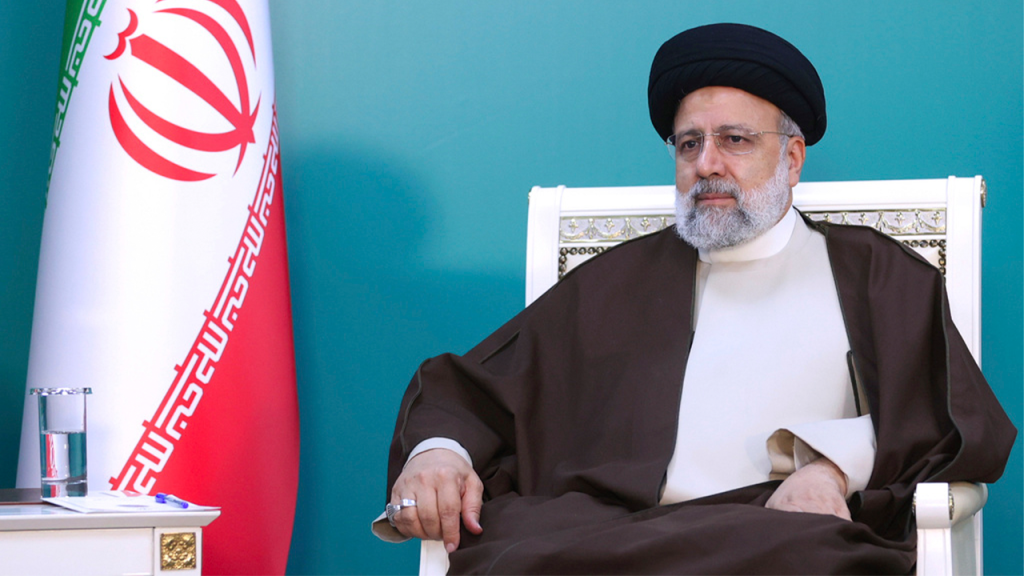The recent helicopter crash involving Iranian President Ebrahim Raisi has raised questions and speculation about the potential implications for Iran’s internal affairs. Behnam Ben Taleblu, an expert on Iranian security at the Foundation for the Defense of Democracies, highlighted Raisi’s role as a symbol of the hard right shift within the Iranian governing elite. Taleblu noted that Raisi’s political ascendancy was based more on loyalty and zeal rather than competence, with a history of involvement in mass executions in the late 1980s. While Raisi became president in 2021 with a low voter turnout and lack of domestic support, he was seen as a potential successor to Iran’s supreme leader. With Raisi potentially out of the way, the shortlist for potential successors to the supreme leader would shorten, potentially benefitting figures like Ayatollah Ali Khamenei’s son, Mojtaba.
As president, Raisi supported controversial policies such as enriching uranium to near-weapons-grade levels and limiting international inspectors, exacerbating tensions with the West. He also endorsed a significant attack on Israel in response to a suspected Israeli strike that killed Iranian generals in Syria, further escalating the shadow war between the two countries. Additionally, Raisi backed the crackdown on dissent following the death of Mahsa Amini in 2022, leading to the killing of over 500 people and the detention of over 22,000 individuals. The United Nations investigative panel held Iran responsible for the violence that resulted in Amini’s death, highlighting the oppressive tactics of the Iranian security services under Raisi’s leadership.
The low voter turnout during Raisi’s election as president reflected growing discontent and disillusionment among the Iranian population, with increasing protests against the regime and declining participation in elections. The lack of domestic support for Raisi highlighted his role as a mere instrument for the ultra hard-right faction within Iranian politics. Raisi’s presidency saw him aligning with hardline policies and actions, including military aggression towards Israel and tightening control over dissent within the country. His tie to Iran’s supreme leader and potential succession prospects indicated his important position within the country’s Shiite theocracy, which would be significantly impacted by his potential demise in the helicopter crash.
The potential consequences of Raisi’s death on Iran’s internal politics could include shifts in power dynamics within the ruling elite, with potential successors vying for higher positions and influence. Figures like Ayatollah Ali Khamenei’s son, Mojtaba, could stand to benefit from Raisi’s absence and attempt to position themselves for future leadership roles within the country. The impact of Raisi’s policies on international relations, particularly in relation to the Western world and neighboring countries like Israel, could also be affected if a new leader with different priorities and approaches were to assume power. Overall, Raisi’s demise in the helicopter crash has the potential to shake up Iran’s political landscape and lead to significant changes in both domestic and international affairs.













